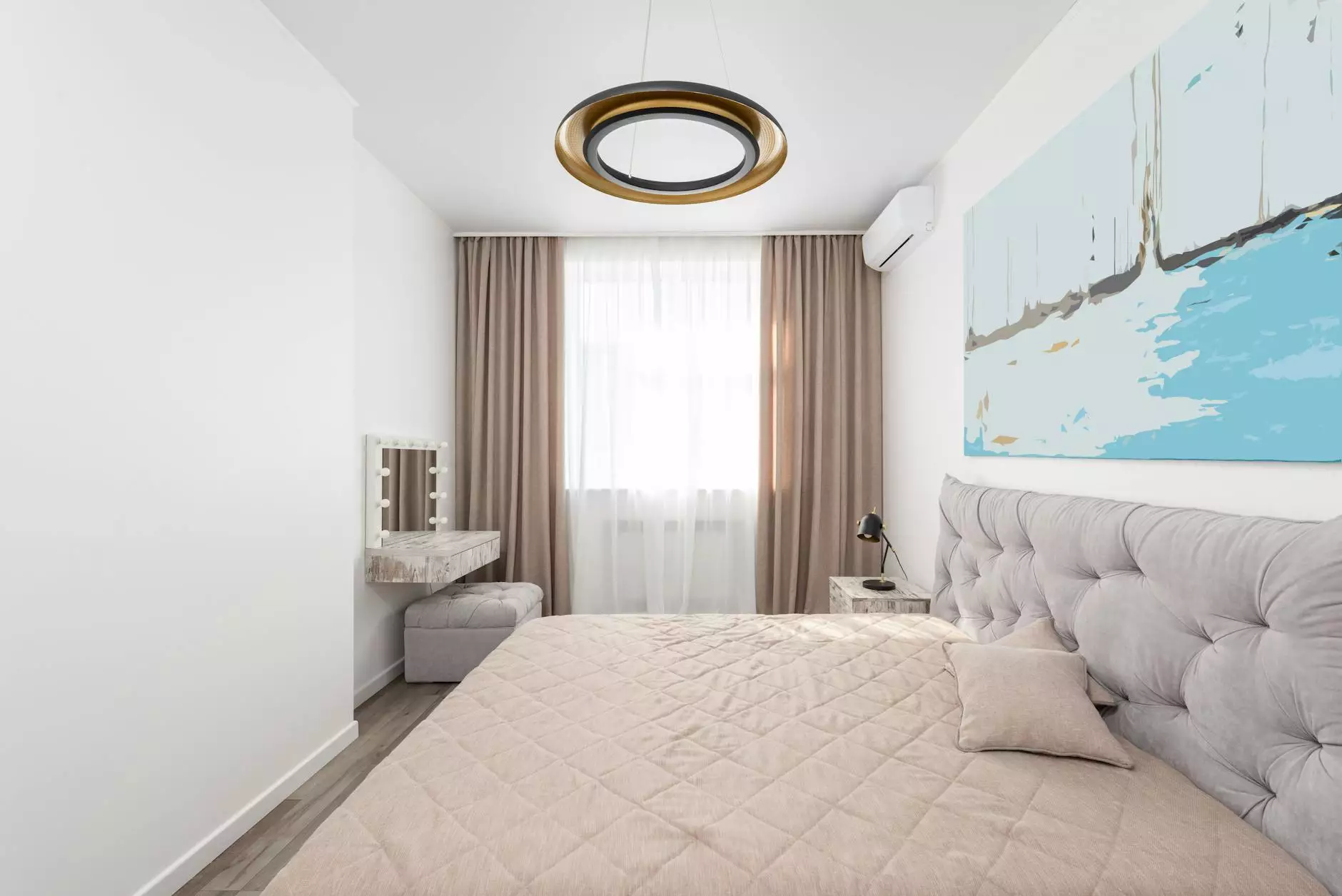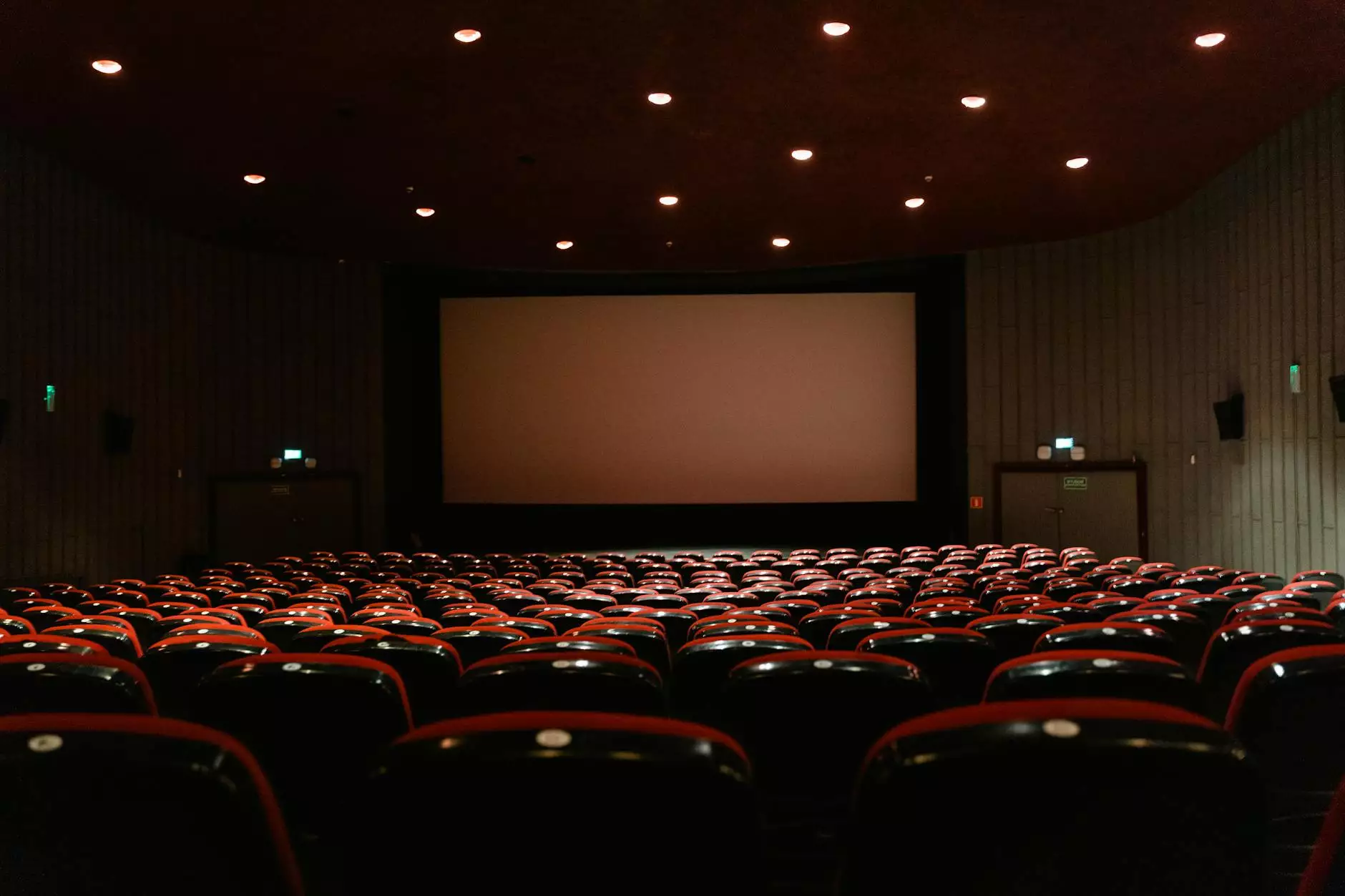Ultimate Guide to Understanding the Cost of House Air Conditioners in the Electronics & Shopping Market

Owning a comfortable home environment is essential for maintaining well-being and productivity, especially in regions with hot climates. As a significant investment in your household, selecting the right air conditioning system involves understanding various factors, including the cost of house air conditioners. This comprehensive guide delves into the key aspects influencing air conditioner prices, different types of units available, and how to make an informed decision that balances quality, efficiency, and affordability.
Why Properly Assessing the Cost of House Air Conditioners Matters
Choosing the right air conditioner goes beyond just looking at the initial purchase price. It encompasses long-term considerations such as energy consumption, maintenance, durability, and overall comfort levels. Knowing the cost of house air conditioners helps homeowners plan their budgets effectively while ensuring they select units that meet their needs.
Factors Influencing the Cost of House Air Conditioners
The cost of house air conditioners varies widely based on multiple factors that influence both the price and the performance of the units. Understanding these elements empowers consumers to make smarter decisions and avoid overspending on features they do not need.
1. Type of Air Conditioner
Different types of air conditioning units offer varying price ranges, performance levels, and installation complexities:
- Split-System Units: These are among the most popular for residential use, comprising an indoor and outdoor unit. Their price typically ranges from moderate to high depending on capacity and features.
- Central Air Conditioning: Designed for whole-home cooling, central units tend to have higher initial costs but offer superior comfort and efficiency for large spaces.
- Window Units: Usually the most affordable option, these are suitable for small rooms but may have limitations in cooling capacity and energy efficiency.
- Portable Air Conditioners: mobility and ease of installation make these units attractive, though they often have higher operational costs and limited coverage.
- Ductless Mini-Split Systems: Offer flexibility, energy efficiency, and expandability but come with a higher upfront price compared to window units.
2. Cooling Capacity (BTU)
The cost of house air conditioners is directly influenced by the cooling capacity, measured in British Thermal Units (BTU). Larger spaces require units with higher BTU ratings, which generally cost more but provide better cooling performance. Proper sizing is crucial to avoid excessive energy use and ensure comfort.
3. Energy Efficiency Ratings
Air conditioners with higher energy efficiency ratings, such as those with Energy Star certification, tend to have higher initial costs but can significantly save on long-term energy bills. Investing in energy-efficient models is often more economical over the lifespan of the unit.
4. Additional Features and Technologies
Modern air conditioners come equipped with features like smart controls, multi-speed fans, dehumidification modes, and advanced filters. While these features increase the cost of house air conditioners, they enhance user experience and reduce operating expenses.
5. Brand and Manufacturer
Well-known brands with a reputation for durability and performance typically command higher prices. However, they can also offer better warranties and customer service, making them a worthwhile investment.
6. Installation and Maintenance Costs
Do not overlook the costs associated with professional installation, which can vary based on the complexity of the setup. Routine maintenance is also essential to sustain efficiency and prolong lifespan, affecting the total lifecycle cost of the air conditioning system.
Typical Price Ranges for Different Types of House Air Conditioners
While prices can fluctuate based on features and market conditions, typical price ranges give a clear picture of what to expect:
- Window Units: $150 - $500
- Portable Units: $250 - $700
- Split-System Units: $600 - $2,500
- Mini-Split Ductless Systems: $1,000 - $3,500 per zone
- Central Air Conditioning: $3,000 - $7,000 (including installation)
How to Find the Best Deals on the Cost of House Air Conditioners
Smart shopping involves comparing prices across different retailers, seasonal promotions, and considering warranty packages. Here are some tips to secure the best value:
- Compare Brand Ratings and Reviews: Focus on trusted brands that offer reliable units with long-term support.
- Buy During Off-Season: Prices tend to drop during cooler months or promotional periods.
- Look for Energy Efficiency: Investing in higher SEER-rated units can save money over time through reduced energy bills.
- Consult Professional Installers: Proper installation is crucial to maximize efficiency and durability.
- Leverage Warranties and Service Plans: Choose units with comprehensive coverage to avoid unexpected repair costs.
Choosing the Right Air Conditioner: Considerations for Homeowners
Before purchasing, homeowners should evaluate individual needs to determine the most suitable unit:
- Room Size and Layout: Match the BTU capacity to the room dimensions for optimal cooling.
- Energy Usage: Prioritize units with high SEER ratings for energy savings.
- Installation Space: Ensure there is adequate space for outdoor units and proper ventilation.
- Noise Levels: Consider units with quieter operation for bedrooms and living areas.
- Budget: Balance initial investment with long-term operational costs.
- Environmental Impact: Opt for environmentally friendly refrigerants and energy-efficient technology.
Additional Tips for Managing the Cost of House Air Conditioners
Implementing energy conservation practices and proper maintenance can lower ongoing expenses:
- Regular Cleaning: Keep filters and coils clean to maintain efficiency.
- Programmable Thermostats: Use smart thermostats to optimize cooling cycles and save energy.
- Seal Leaks: Insulate and seal windows and doors to reduce cooling load.
- Use Fans in Conjunction: Ceiling or portable fans can improve comfort without high energy costs.
- Upgrade Gradually: Transition to energy-efficient models over time as budgets allow.
Conclusion: Making an Informed Decision on the Cost of House Air Conditioners
Investing in a suitable air conditioning system requires a careful assessment of the cost, long-term savings, and specific household needs. By understanding the factors that influence prices, exploring different types of units, and applying strategic purchasing tips, homeowners can achieve optimal cooling solutions without overspending.
For the latest models and competitive prices on high-quality electronics including various air conditioning units, visit abedtahan.com. Find top deals, expert advice, and reliable service to enhance your home environment effectively and affordably.









